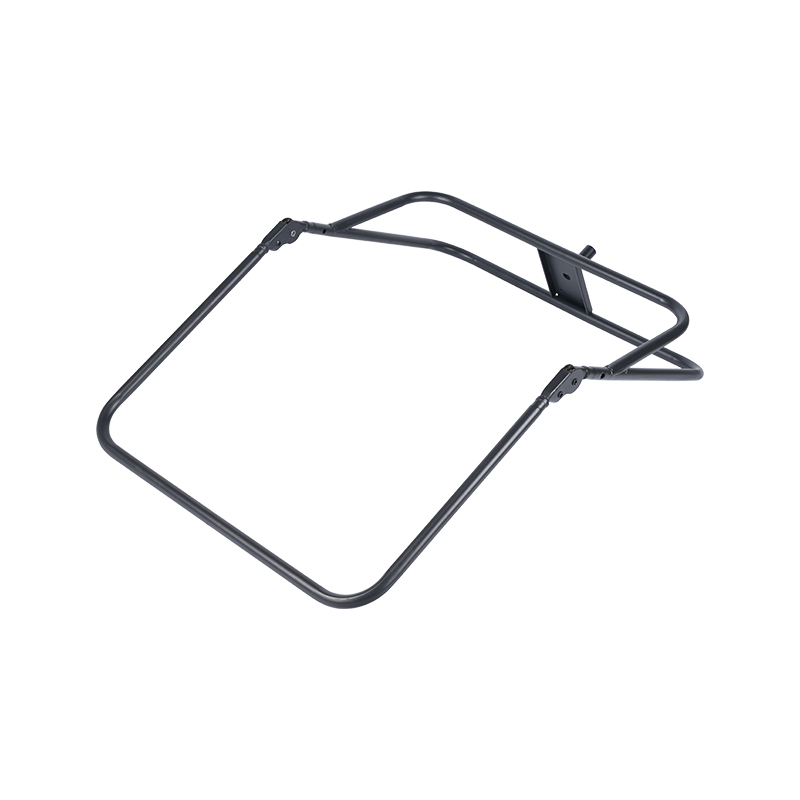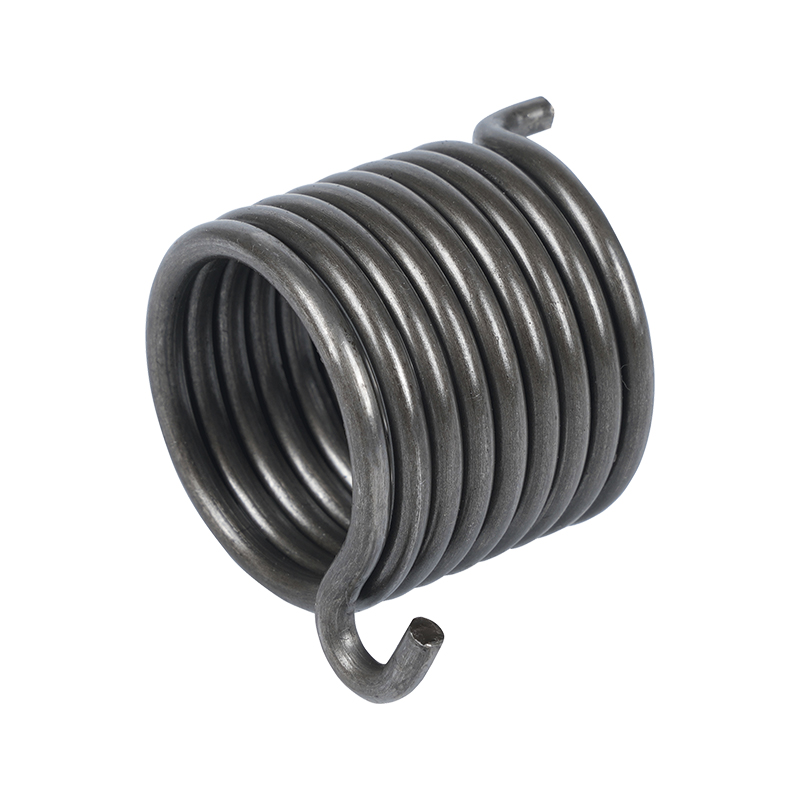Material Selection and Performance Optimization in Custom Cast Aluminum: Meeting Diverse Industry Needs
In today’s manufacturing landscape, Custom Cast Aluminum has become a preferred solution for industries seeking lightweight, durable, and versatile components. Central to delivering high-quality custom parts is the thoughtful selection of aluminum alloys and the optimization of their performance through advanced surface treatments and post-processing techniques. Understanding these factors is essential for manufacturers and clients aiming to maximize the benefits of Custom Cast Aluminum.
Comparing Aluminum Alloys for Custom Cast Aluminum
One of the key considerations in Custom Cast Aluminum production is the choice of aluminum alloy. Different alloys offer distinct mechanical properties, corrosion resistance, and machinability, which influence the final product’s suitability for specific applications.
For instance, the 3xx.x series alloys, such as A356, are known for castability, good corrosion resistance, and moderate strength, making them ideal for automotive and aerospace parts. On the other hand, 7xx.x series alloys typically deliver higher strength but can be more challenging to cast and may require precise control during processing.
When selecting aluminum materials for Custom Cast Aluminum, it’s vital to weigh factors such as tensile strength, elongation, thermal conductivity, and resistance to environmental factors. This ensures the final casting meets both functional and durability requirements.
Tailoring Alloy Selection to Customer Needs
The flexibility of Custom Cast Aluminum allows manufacturers to adapt alloy choices based on client-specific demands. For example, customers requiring parts with wear resistance may prioritize alloys with higher silicon content. Alternatively, those focusing on weight reduction might opt for alloys optimized for strength-to-weight ratio.
The customization process typically involves close collaboration between the manufacturer and client. Detailed discussions regarding operational environments, mechanical load, and lifecycle expectations guide alloy selection. This tailored approach guarantees that the Custom Cast Aluminum components not only perform efficiently but also contribute to overall product longevity.

Enhancing Performance Through Surface Treatments and Post-Processing
Beyond the inherent properties of the chosen alloy, surface treatments and post-processing techniques play a crucial role in elevating the performance of Custom Cast Aluminum parts.
Anodizing, for example, is a widely used surface treatment that enhances corrosion resistance and wear properties. This electrochemical process thickens the natural oxide layer on aluminum, providing a protective barrier that extends service life, especially in harsh environments. For decorative applications, anodizing also offers aesthetic versatility through various color options.
Powder coating and specialized spray coatings are additional post-processing options that improve surface hardness, chemical resistance, and appearance. These coatings can be tailored to meet specific industrial or environmental standards, ensuring the Custom Cast Aluminum parts maintain their integrity under demanding conditions.
Furthermore, machining and heat treatment processes refine dimensional accuracy and mechanical performance. Precision machining ensures tight tolerances, essential for components in high-precision industries such as aerospace and electronics. Heat treatments can modify microstructure to improve hardness and fatigue resistance, complementing the material’s natural characteristics.
The success of Custom Cast Aluminum in modern manufacturing hinges on an informed selection of materials combined with advanced performance optimization techniques. By carefully comparing aluminum alloys and aligning choices with customer needs, manufacturers can deliver tailored solutions that balance strength, weight, and durability.
Additionally, surface treatments like anodizing and powder coating, alongside precise machining and heat treatments, significantly enhance the lifespan and functionality of Custom Cast Aluminum components. These combined efforts ensure that castings meet stringent industry standards and provide reliable performance across diverse applications.
As industries continue to demand innovative materials that offer both efficiency and sustainability, Custom Cast Aluminum stands out as a versatile and dependable choice. Through strategic material selection and meticulous processing, manufacturers are well-positioned to meet evolving market requirements with custom solutions.


 English
English русский
русский Español
Español











